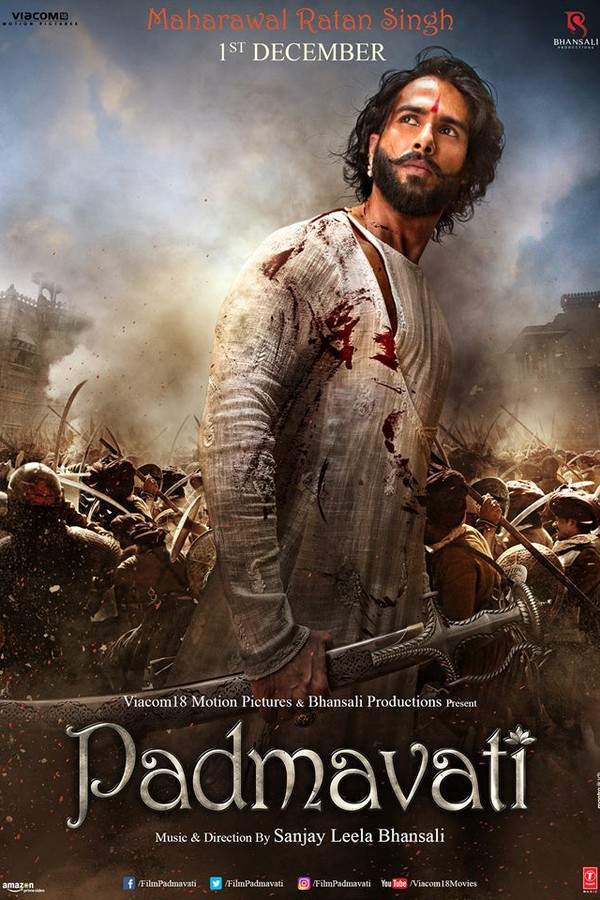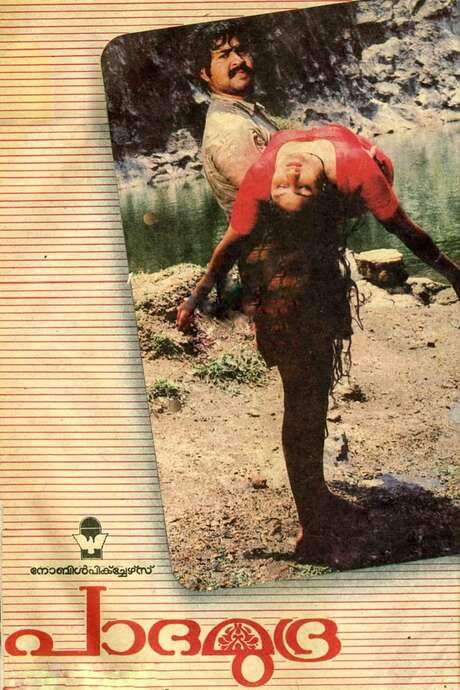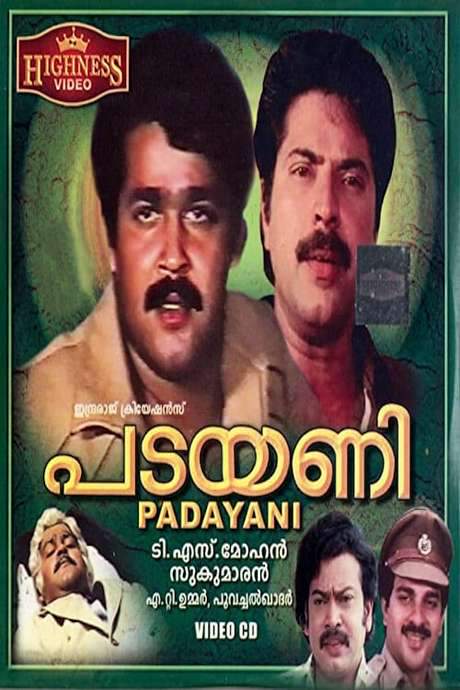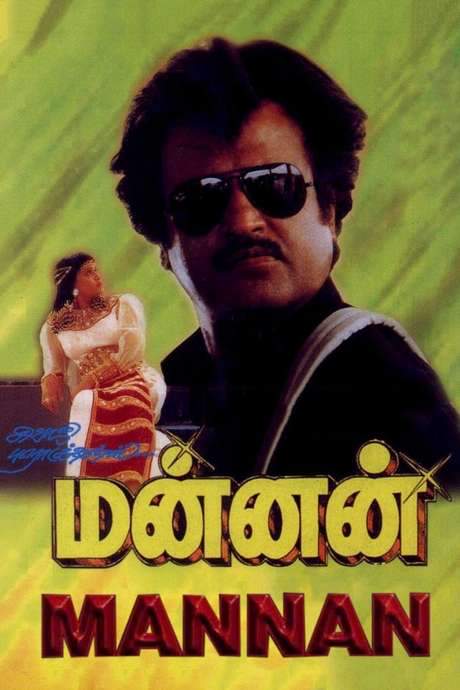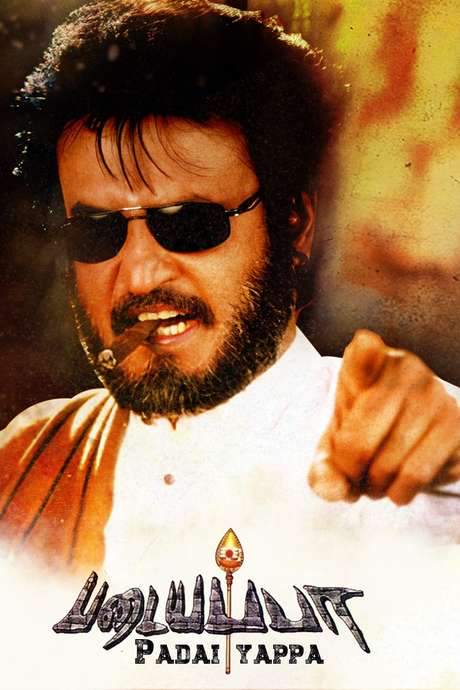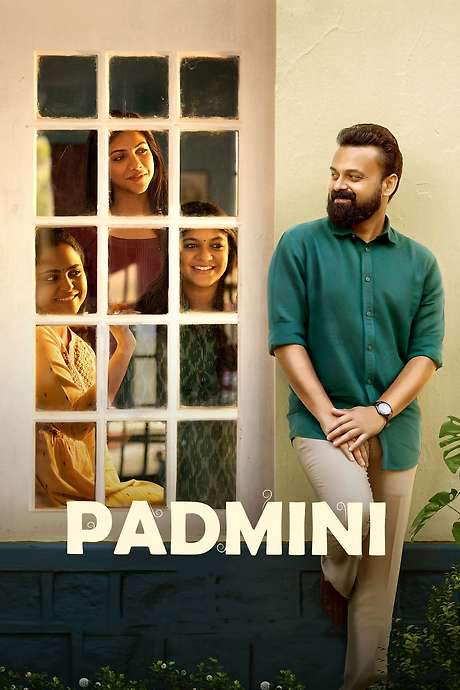Pad Man 2018
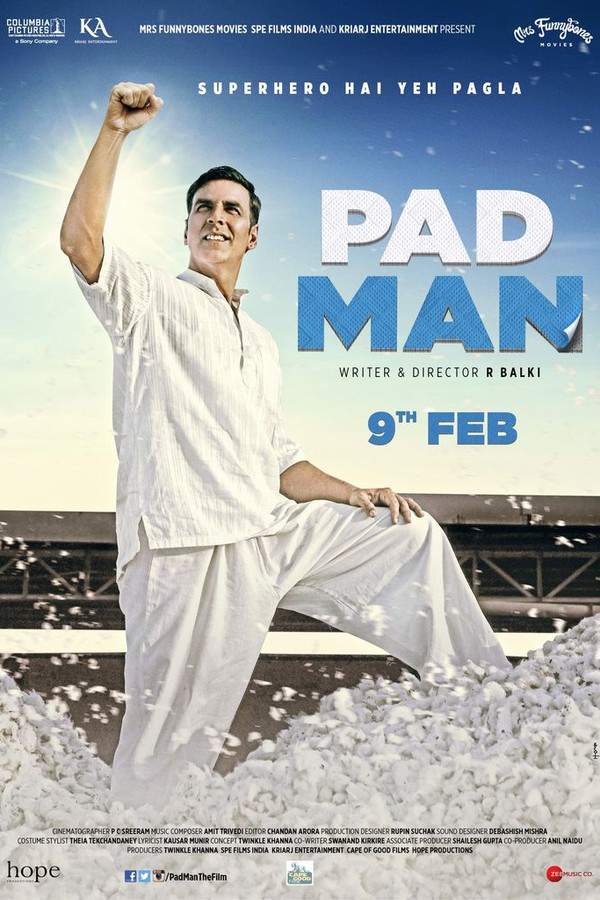
A welder named Lakshmi witnesses his wife's struggles with menstrual hygiene and is moved to create affordable sanitary pads. Undeterred by societal taboos and initial setbacks, he embarks on a journey to revolutionize access to essential products. Through perseverance and empathy, Lakshmi challenges conventions and inspires a movement, bringing dignity and improved health to women across the world while learning about himself.
Does Pad Man have end credit scenes?
No!
Pad Man does not have end credit scenes. You can leave when the credits roll.
Meet the Full Cast and Actors of Pad Man
Explore the complete cast of Pad Man, including both lead and supporting actors. Learn who plays each character, discover their past roles and achievements, and find out what makes this ensemble cast stand out in the world of film and television.

Akshay Kumar
Lakshmikant Chauhan

Radhika Apte
Gayatri

Chittaranjan Giri
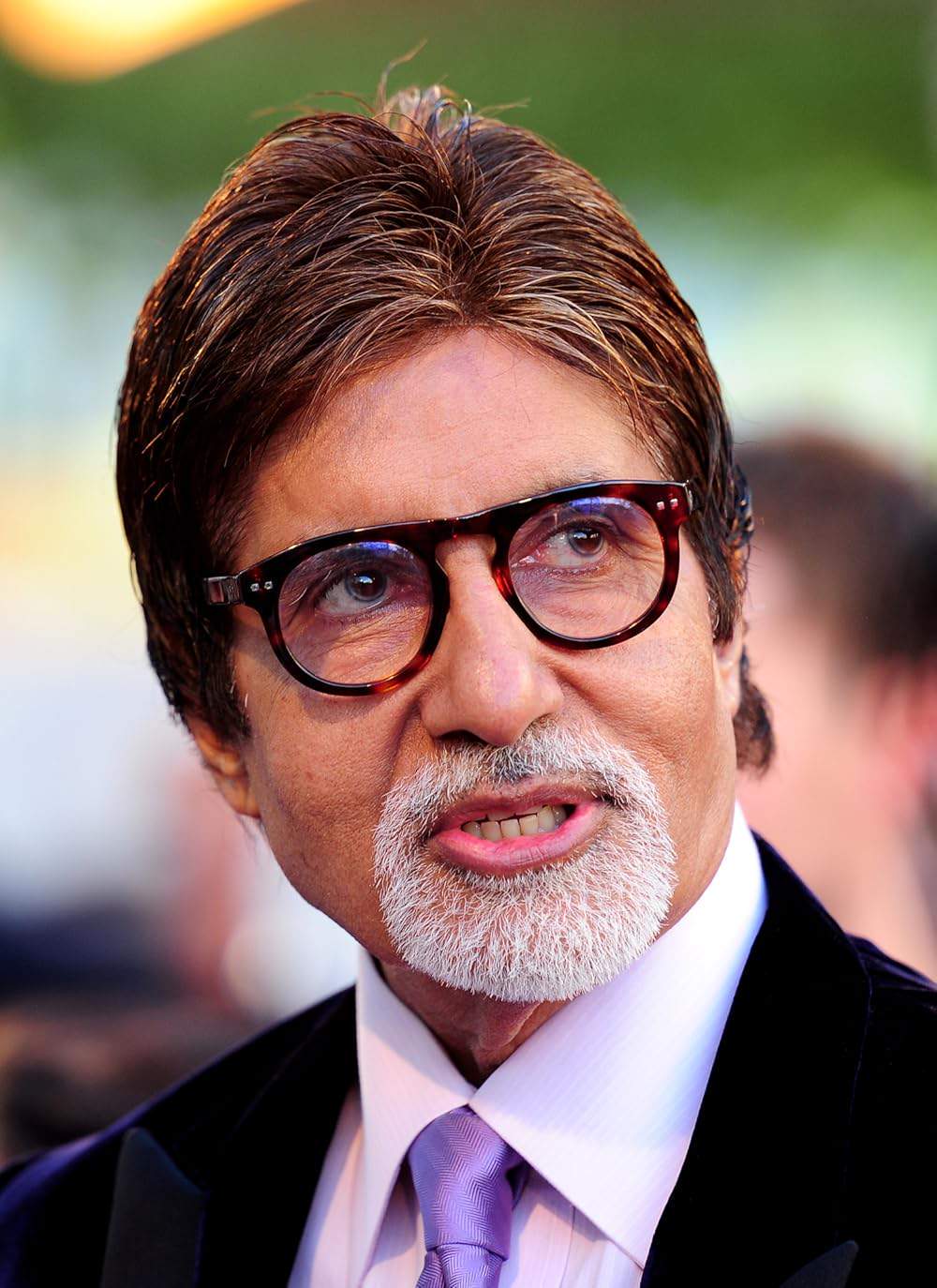
Amitabh Bachchan
Self

Rob Tunstall

Vicky Kadian

Sonam Kapoor
Pari Walia

Abhimanyu Sarkar

Andreas Pliatsikas
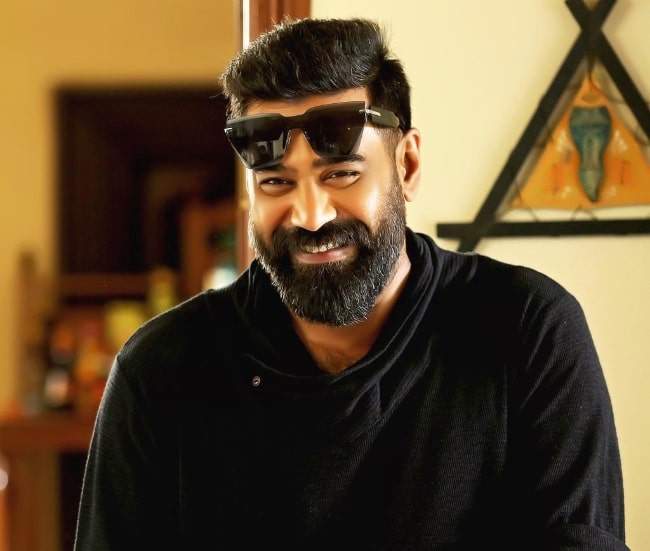
Biju Menon

Gautmik

George Zouvelos

Maya Alagh

Mrinmayee Godbole

Riva Bubber
Tinku's Mother

Saurabh Agarwal

Sudhir Pandey

Swini Khera

Varun Bag
External Links and Streaming Options
Discover where to watch Pad Man online, including streaming platforms, rental options, and official sources. Compare reviews, ratings, and in-depth movie information across sites like IMDb, TMDb, Wikipedia or Rotten Tomatoes.
Ratings and Reviews for Pad Man
See how Pad Man is rated across major platforms like IMDb, Metacritic, and TMDb. Compare audience scores and critic reviews to understand where Pad Man stands among top-rated movies in its genre.

The Movie Echo Score
The film balances a compelling social premise with uneven execution. Reviews praise its earnest portrayal and lead performance but note heavy-handed messaging and repetitive pacing. While its inspiring true story and charismatic protagonist engage viewers, narrative contrivances and tonal inconsistency limit the film’s cohesion. Net impression: a respectable effort whose strengths in message and performance are tempered by structural imbalances.
The Movie Echo Score Breakdown for Pad Man

Art & Craft
In terms of art and craft, the film delivers competent direction and clean production design but offers limited visual distinction. Reviewers recognize the film’s polished editing and generally neat presentation, yet note occasional reliance on formulaic framing and narrative contrivances that diminish cinematic flair. As a result, the artistic execution remains adequate but rarely transcends its functional approach.

Character & Emotion
When it comes to character and emotion, performances are frequently cited as a highlight despite uneven emotional resonance. Critics and audiences praise the lead’s charisma and the sincere depiction of personal stakes, though some note the shallow treatment of supporting figures and uneven emotional depth. Consequently, the character work is engaging in places but does not sustain consistent nuance.

Story & Flow
In terms of story and flow, the film’s inspiring premise is undermined by irregular pacing and predictable plot developments. Early sequences are noted for repetitive exposition, while the narrative gains momentum in its latter half through more focused stakes. As a result, the story offers an appealing core concept but is hampered by structural unevenness.

Sensory Experience
Regarding the sensory experience, the film presents a clean soundtrack and conventional visual style that support the narrative without overwhelming it. Observers acknowledge the engaging song sequences characteristic of its genre, yet note a lack of distinctive sound design or bold visual cohesion. In sum, the sensory elements are serviceable but seldom striking.

Rewatch Factor
When it comes to rewatch factor, the film’s earnest message and lead performance offer occasional return value but limited novelty. Viewers find the core inspirational arc compelling on first viewing, yet the heavy-handed approach and narrative predictability reduce enthusiasm for subsequent viewings. Overall, the film has modest replay appeal that is driven primarily by its thematic purpose.


74%
TOMATOMETER

90%
User Score

7.9 /10
IMDb Rating

74
%
User Score

3.5
From 15 fan ratings
Take the Ultimate Pad Man Movie Quiz
Challenge your knowledge of Pad Man with this fun and interactive movie quiz. Test yourself on key plot points, iconic characters, hidden details, and memorable moments to see how well you really know the film.
Pad Man Quiz: Test your knowledge about the inspiring story of Laxmi and his mission to break menstrual taboos and create affordable sanitary products.
What is Laxmikanth Chauhan's primary motivation for creating sanitary napkins?
To improve women's lives
To make money
To gain fame
To help men understand menstruation
Show hint
Full Plot Summary and Ending Explained for Pad Man
Read the complete plot summary of Pad Man, including all major events, twists, and the full ending explained in detail. Explore key characters, themes, hidden meanings, and everything you need to understand the story from beginning to end.
Laxmikanth Chauhan, portrayed by Akshay Kumar, is a dedicated partner and tool operator at a workshop, who stands firmly against the societal norms that dictate harsh treatment towards women during their five-day menstrual cycle. After marrying his wife, Gayatri, he is determined to improve her menstrual experience, realizing she uses unhygienic dirty cloths instead of sanitary napkins. However, upon purchasing a packet of sanitary napkins, Gayatri expresses her discontent over the price, prompting Laxmi to take matters into his own hands.
Undeterred, Laxmi embarks on a journey to create affordable sanitary napkins. Despite his attempts to persuade Gayatri to use his homemade product, the initial results fall flat, leading him to seek feedback from the community. Unfortunately, he faces criticism from his sisters and is met with a lack of support when his local doctor is transferred. Not one to give up easily, Laxmi manages to convince a medical student to involve her peers, only for them to refuse his request.
In desperation, he even tries to persuade a young neighbor, newly acquainted with menstruation, to test his invention. This bold move, however, leads to embarrassment when Laxmi’s endeavors are discovered, nearly resulting in the family’s ostracization. The tipping point arrives when he experiments with his own product, ultimately resulting in a humiliating leak witnessed by the entire village, culminating in a Panchayat meeting to address his “scandalous” invention.
As Laxmi faces rejection from his community, he remains undeterred. Forced to leave his village, he relocates to the city, taking on a job as a house helper to fund his research into materials that would make effective sanitary napkins. Through resourceful searches, he identifies a U.S. company specializing in cellulose fibers and manages to secure samples to experiment with.
With limited funds, Laxmi then takes a plunge, borrowing money to construct a pad-making machine. After countless trials and errors, he successfully creates a working prototype, ready to share with the world. His path intersects with Pari Walia, a Tabla performer in town for a gig, who encounters Laxmi one day when her aides are unable to find sanitary supplies.
Intrigued by Laxmi’s story and motivated by the cause, Pari initially reacts with skepticism but ultimately becomes inspired by his passion. Upon learning about his significant debt incurred while pursuing his dream, she extends an invitation for him to showcase his invention at an IIT Delhi innovation competition, where he impressively demonstrates production cuts of sanitary pads from Rs 11 to just Rs 2. His innovation earns him the prestigious President’s award.
Despite this achievement, Laxmi remains focused on providing solutions for women across India rather than cashing in through patents or corporate sales. Pari is captivated by his vision and decides to join him, shifting from a corporate lifestyle to actively sell his product, which they brand “Pari.” Their efforts lead to an incredible surge in sales, allowing them to employ a growing number of women in their endeavor.
With a plan to approach a bank to facilitate the purchase of Laxmi’s machine by women, they create a cycle of employment and accessibility to sanitary products. Yet, complications arise when Pari develops feelings for Laxmi, sensing the tension with Gayatri’s return to his life.
In a climactic moment, Laxmi delivers a heartfelt address at the United Nations Headquarters in New York City, where he is honored with the Padma Shri Award by the Government of India. Despite everything, Laxmi’s mission is clear: to uplift women by providing them with affordable sanitary products while challenging ingrained societal stigmas.
Uncover the Details: Timeline, Characters, Themes, and Beyond!

Coming soon on iOS and Android
The Plot Explained Mobile App
From blockbusters to hidden gems — dive into movie stories anytime, anywhere. Save your favorites, discover plots faster, and never miss a twist again.
Sign up to be the first to know when we launch. Your email stays private — always.
Watch Trailers, Clips & Behind-the-Scenes for Pad Man
Watch official trailers, exclusive clips, cast interviews, and behind-the-scenes footage from Pad Man. Dive deeper into the making of the film, its standout moments, and key production insights.
Pad Man Themes and Keywords
Discover the central themes, ideas, and keywords that define the movie’s story, tone, and message. Analyze the film’s deeper meanings, genre influences, and recurring concepts.
Pad Man Other Names and Titles
Explore the various alternative titles, translations, and other names used for Pad Man across different regions and languages. Understand how the film is marketed and recognized worldwide.
Similar Movies To Pad Man You Should Know About
Browse a curated list of movies similar in genre, tone, characters, or story structure. Discover new titles like the one you're watching, perfect for fans of related plots, vibes, or cinematic styles.
Quick Links: Summary, Cast, Ratings, More

What's After the Movie?
Not sure whether to stay after the credits? Find out!
Explore Our Movie Platform
New Movie Releases (2026)
Famous Movie Actors
Top Film Production Studios
Movie Plot Summaries & Endings
Major Movie Awards & Winners
Best Concert Films & Music Documentaries
Movie Collections and Curated Lists
© 2026 What's After the Movie. All rights reserved.













